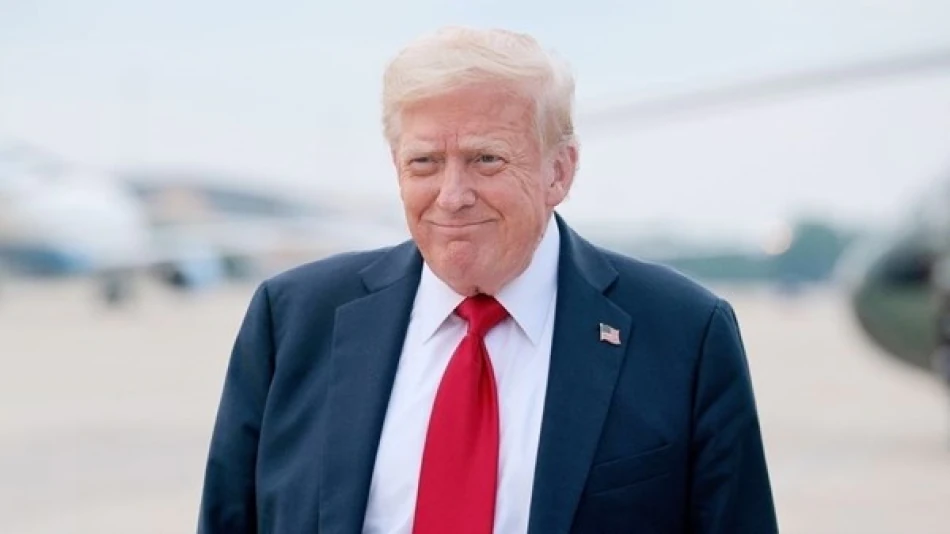
Trump Vows to Tackle Chicago Crime Epidemic: A Decisive Move to Restore Law and Order
Trump Threatens Federal Intervention in Chicago After Weekend Violence Claims Eight Lives
President Donald Trump has escalated his confrontation with Democratic-led cities by threatening to deploy National Guard troops in Chicago following a violent weekend that left eight dead and 54 wounded by gunfire. The move signals a potential expansion of federal law enforcement tactics that could reshape urban policing across America's largest cities.
Chicago in Trump's Crosshairs
Trump labeled Chicago "the worst and most dangerous city in the world by far" while pledging to solve the city's crime problem "quickly, just as I did in Washington D.C." The reference points to his deployment of National Guard forces in the nation's capital earlier this month, establishing a precedent for federal intervention in local law enforcement.
The president specifically targeted Illinois Governor J.B. Pritzker, a Democrat, claiming he "desperately needs help but doesn't realize it yet." This sets up a potential constitutional clash between federal and state authority over policing—a battle that could define Trump's approach to urban governance.
The Numbers Behind the Crisis
The latest violence statistics underscore Chicago's ongoing struggle with gun violence. With 54 shooting victims over a single weekend—mirroring similar casualty figures from recent weekends—the city's crime rates provide Trump with concrete ammunition for federal intervention arguments.
However, Trump's claim that Chicago ranks as the world's most dangerous city requires context. While the city consistently ranks among America's most violent large cities, global crime data shows several international cities with higher murder rates per capita.
Federal vs. Local: A Growing Pattern
Trump's Chicago threat follows a broader strategy of challenging Democratic mayors and governors on public safety. Similar federal interventions have occurred in Portland, Seattle, and other cities during civil unrest, often over local officials' objections.
This approach differs markedly from traditional Republican principles of local governance and states' rights. Instead, it reflects Trump's calculation that voters will support strong federal action on crime, regardless of jurisdictional concerns.
Political and Legal Implications
The threatened deployment raises significant constitutional questions about federal authority over local policing. Governors typically control National Guard deployments within their states, though presidents can federalize these forces under specific circumstances.
For Governor Pritzker and Chicago Mayor Brandon Johnson, both Democrats, Trump's ultimatum creates a political dilemma. Accepting federal help could be seen as admitting failure, while rejecting it risks appearing indifferent to violence.
Trump's promise that "safety will return to Chicago, and soon" suggests this confrontation will intensify quickly, potentially becoming an early test case for federal intervention in urban crime—with implications extending far beyond Illinois.
Most Viewed News

 Layla Al Mansoori
Layla Al Mansoori






